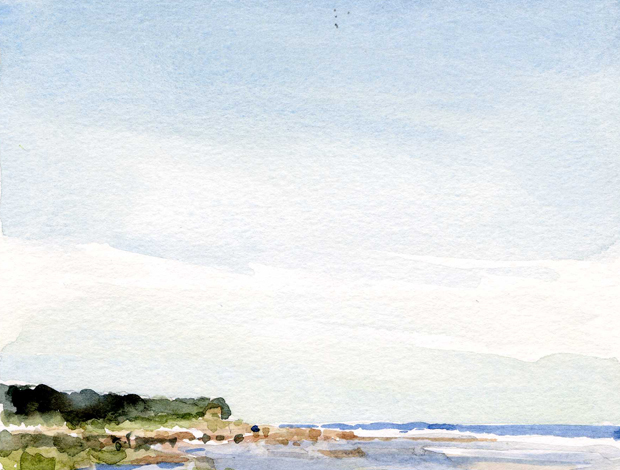“I wish grace and healing were more abracadabra kind of things. Also, that delicate silver bells would ring to announce grace’s arrival. But no, it’s clog and slog and scootch, on the floor, in the silence, in the dark.” ~ Anne Lamott, from Grace, Eventually
Grace is a word you don’t hear much in secular discourse. Last week, President Obama’s eulogy for Rev. Clementa Pinckney was both about grace and full of grace itself. It awakened a memory of a conversation about grace with my father when I was in High School. He was one of those traditional dads who worked and did dad things, so I didn’t have a lot of interactions with him. This conversation about grace was a rarity. Turns out, he couldn’t quite put his finger on it, either. I think he spoke of God’s presence or friendship, and we both enjoyed wondering about it together. That in itself was a moment of grace, a precious heart connection to each other and to something bigger than us.
Human affairs are full of flaws, opposition and contradictions. There never seems to be that one right solution that we can all agree on. And so we wrangle. In interactions with friends about the President’s recent successes, they were quick to point out his many failures and betrayals. It’s true he compromised on health care reform, and I can’t say I understand the appeal the Trans Pacific Partnership, which seems to me like a nightmare for workers and the environment. And let’s not forget, these friends say, about the drone strikes and the “Surge.” I get it, I do. And yet, there’s something we are missing when we argue like this. It’s too easy to find these imperfections.
These all seem such intractable problems, and yet we elect representatives to tackle them for us. Watching from the sidelines, it does seem they fall prey to ego and posturing. They dig in their heels and point fingers at each other. I fantasize about ways Congress could work more effectively, perhaps using Conferencing or Open Space technologies instead of their arcane 18th-century rules. Whatever the process, it’s not easy to take constructive, incremental steps towards more life-affirming, inclusive, fair and just policies. So when it does happen—as in several instances last week—can’t we enjoy it for a moment?
Whatever grace means literally or metaphorically, we need it now more than ever. There will always be opposition to every good idea. We live in a world of multiplicity, which is a beautiful thing and a frustrating one at times. Our own Founding Fathers struggled mightily over whether to found this brand new nation with or without slavery. Those who took a more idealistic position—of course, they knew what the words, “All men are created equal,” meant. For better or worse, they decided together to forge ahead, leaving for future generations what President Obama called “our country’s original sin.” Who knows where we’d be if they had insisted on a more utopian stance? I’m certainly not saying they were right to leave slavery in place. There never has been a more hideous institution on this earth.
I’m experimenting with trusting my emotional responses to these events. I have my cynical side, but when I watched President Obama’s eulogy, and heard his all-too-human voice singing Amazing Grace a capella, it moved me. I wasn’t thinking about which speechwriter penned that eulogy. I wasn’t wondering if this was all staged, or if he was being genuine in his preacherly cadence and rhythms. It felt real and beautiful and heartfelt to me. It felt like a moment of grace. We Americans have slogged on the floor in the dark for a long time, some of us far more than others. I would really love to enjoy this light for a bit longer, to feel the momentum of goodness and right. There’s time enough to tackle the difficult work that lies ahead.
Here’s a thoughtful piece on President Obama’s last week, from an Integral perspective.


Yes, what we need just now is the recognition and practice of grace.
When moments of turning toward a more beautiful world happen, how shall we respond? When a pope call us to listen to the cry of the Earth? When a president moves our hearts? Or when ecovillages multiply and thrive?
A voice in most of us (in me, for sure) is ready to say, “Yes, but…” (YB). YB the Pope is still all patriarchy, YB the president is in the pocket of the corporations, YB ecovillages are inadequate (see this recent article).
It is said that the best criticism of the bad is the practice of the good. I would say that the best response to the pope who is still a patriarch, to the president who abets corporate rule, and to the inadequate ecovillage is the practice of grace. Of being grateful for the good in someone or something, of being encouraging and cheering them on.
I believe that what will most help to change things is not criticism or sounding alarms, but the practice of grace. I can begin now…here. So, Julie, thank you for your work in this Thriving on the Threshold; may it remain a place full of encouragement and grace.
Hear, hear, Jim! Thanks so much for sharing your thoughts. Much appreciated.